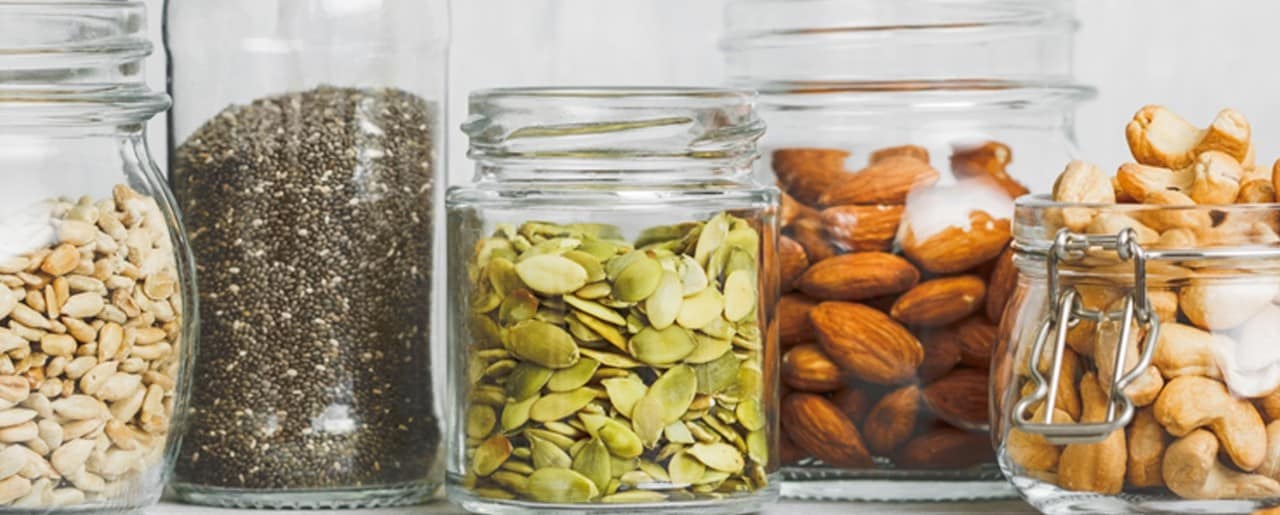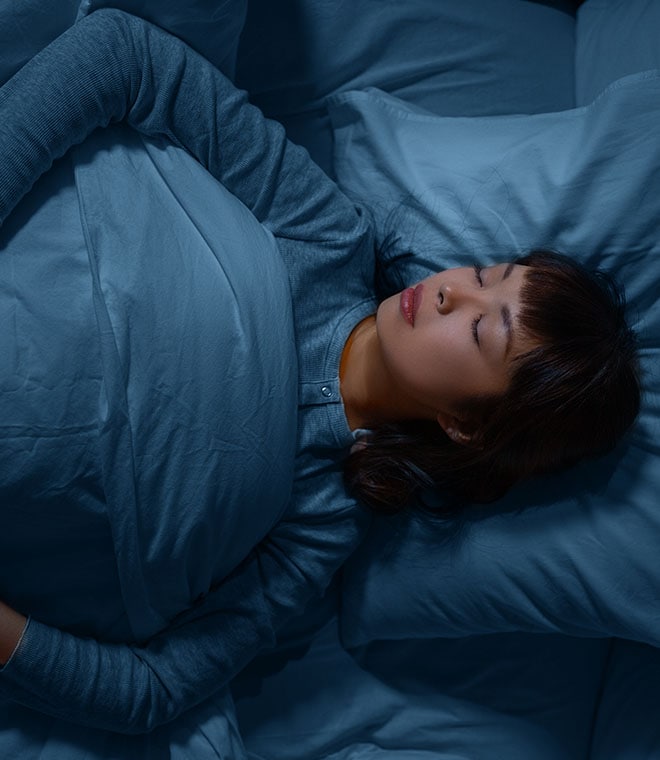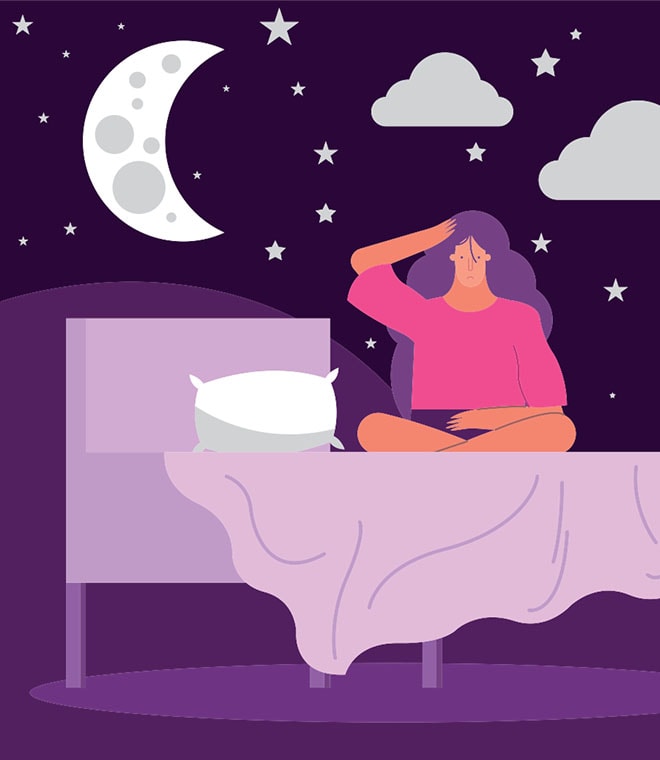Wellness
Melatonin from food: What to look for
By Andy Stergachis, PhD, BPharm Mar 07, 2025 • 3 min
Melatonin is a hormone that is naturally produced in the body. Melatonin regulates our body’s sleep and awake cycles. When it’s dark, our melatonin levels increase to prepare the body for sleep. Light reduces melatonin production and signals the body to prepare for waking up. This sleep-awake cycle is important in promoting good health.
Some people who have trouble sleeping may have low levels of melatonin. It is thought that adding melatonin from foods or supplements might help improve sleep.
What foods do you get melatonin from?
Melatonin can be found in a variety of foods. Foods rich in melatonin include many plant-based foods. Some nuts and seeds are good sources of melatonin. Goji berries also contain a considerable amount of melatonin. Other fruits containing melatonin include grapes, cherries, bananas, oranges and pineapple. In animal-based foods, high concentrations of melatonin are found in fish, eggs, meat and milk. Melatonin has also been found in oats, rice, olive oil, herbs, wine and beer.
Melatonin concentrations can vary among the same type of food. Different food preparation methods can also change the concentration. No recommended dietary allowance has been established for melatonin. Most food databases do not list the amount of melatonin in food. Even though melatonin is found in a variety of foods, there have been very few controlled studies regarding the effects of consuming foods containing melatonin on sleep quality. More research is needed to determine if melatonin in foods can increase melatonin levels in the body.
Melatonin as a supplement
Melatonin can also be found in dietary supplements. Some people use melatonin supplements as a sleep aid. As for melatonin safety, short-term use of melatonin supplements in appropriate amounts appears to be safe for most people. However, information on the long-term safety of supplementing with melatonin is lacking. Melatonin supplements may not be appropriate for people with certain health conditions. They may cause side effects, and they can interact with medications. If you're considering taking melatonin supplements, talk to your healthcare provider first. They can help you determine if melatonin is right for you.
Updated by Julie McDaniel, MSN, RN, CRNI, March 2025.
Sources:
- https://naturalmedicines.therapeuticresearch.com/databases/food,-herbs-supplements/professional.aspx?productid=940
- https://www.ncbi.nlm.nih.gov/pmc/articles/PMC5409706/
- https://onlinelibrary.wiley.com/doi/full/10.1111/1750-3841.14952
- https://pubmed.ncbi.nlm.nih.gov/33170194/
- https://www.ncbi.nlm.nih.gov/pmc/articles/PMC3402070/
- https://pmc.ncbi.nlm.nih.gov/articles/PMC9842516/
- https://www.ncbi.nlm.nih.gov/pmc/articles/PMC6678868/
- https://www.nccih.nih.gov/health/melatonin-what-you-need-to-know
- https://www.sleepfoundation.org/melatonin
- https://ncoa.admin-contentbridge.com/sleep/melatonin-for-sleep/




